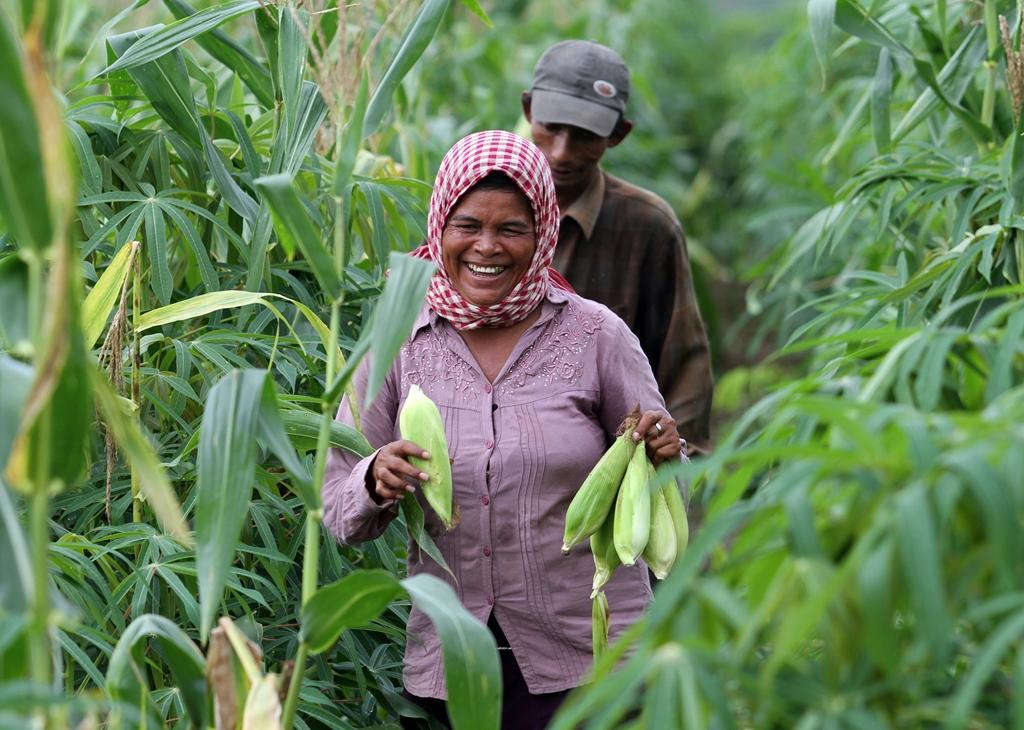How to accelerate Financial Inclusion of Individuals Engaged in Agriculture?

Key findings from the Global expert workshop co-hosted by the Ministry of Foreign Affairs, Netherlands and the Rabobank Group and organized by the World Bank’s FISF initiative.
Workshop report including links to presentations made at the workshop is available here: Report on Financial Inclusion of Agriculture-Dependent Households
- Need to focus on broader array of financial services rather than just credit or insurance for agricultural production. Agricultural households have a broad range of financial service needs, several of them for lifecycle and business needs not related to agriculture, and there is strong evidence on impact of access to payments and savings services.
- It is possible to improve the quality of data on financial inclusion of agricultural households. The current major global and national data sources on financial inclusion generally do not provide comprehensive insights for individuals engaged in agricultural activities but the assessment carried out for the workshop suggests it is possible to do this cost-effectively.
- There is an opportunity to facilitate increased use of bank/transaction accounts to send government payments and remittances to agricultural households. A large proportion of these payments and remittances are currently in cash but new developments in payment technologies allow them to be sent to bank/transaction accounts;
- The potential for improving access to payment and credit infrastructures for financial cooperatives and microfinance institutions needs to be assessed further. These institutions reach a large proportion of agriculture households in many countries but most do not have access to national payment and credit infrastructures.
- The effectiveness of financial education programs targeting agricultural households can be improved. The likelihood of positive impact can be increased if programs are designed carefully incorporating insights from the substantial body of research now available.
- Need to stimulate stronger private sector innovation and investment to address financial services needs of agricultural households. CGAP’s ongoing work program on financial inclusion of smallholder families aims to do this but additional efforts are needed.
So what’s next? FISF plans to support two activities to build on the workshop findings.
- A global mapping of the potential to convert government payments in agriculture (agricultural subsidies and payments toward food-reserve procurements) from cash to transaction accounts
- Preparation of a guidance note on improving the quality of financial inclusion data in national household surveys.
